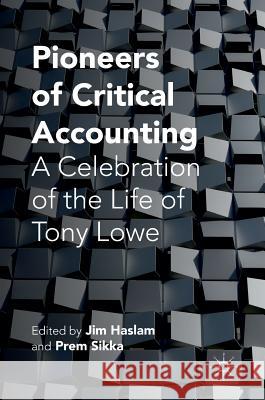Pioneers of Critical Accounting: A Celebration of the Life of Tony Lowe » książka
topmenu
Pioneers of Critical Accounting: A Celebration of the Life of Tony Lowe
ISBN-13: 9781137542113 / Angielski / Twarda / 2016 / 327 str.
Pioneers of Critical Accounting: A Celebration of the Life of Tony Lowe
ISBN-13: 9781137542113 / Angielski / Twarda / 2016 / 327 str.
cena 403,47
(netto: 384,26 VAT: 5%)
Najniższa cena z 30 dni: 385,52
(netto: 384,26 VAT: 5%)
Najniższa cena z 30 dni: 385,52
Termin realizacji zamówienia:
ok. 22 dni roboczych
Bez gwarancji dostawy przed świętami
ok. 22 dni roboczych
Bez gwarancji dostawy przed świętami
Darmowa dostawa!
Kategorie:
Kategorie BISAC:
Wydawca:
Palgrave MacMillan
Język:
Angielski
ISBN-13:
9781137542113
Rok wydania:
2016
Wydanie:
2016
Ilość stron:
327
Waga:
0.59 kg
Wymiary:
21.0 x 14.8
Oprawa:
Twarda
Wolumenów:
01
Dodatkowe informacje:
Wydanie ilustrowane











